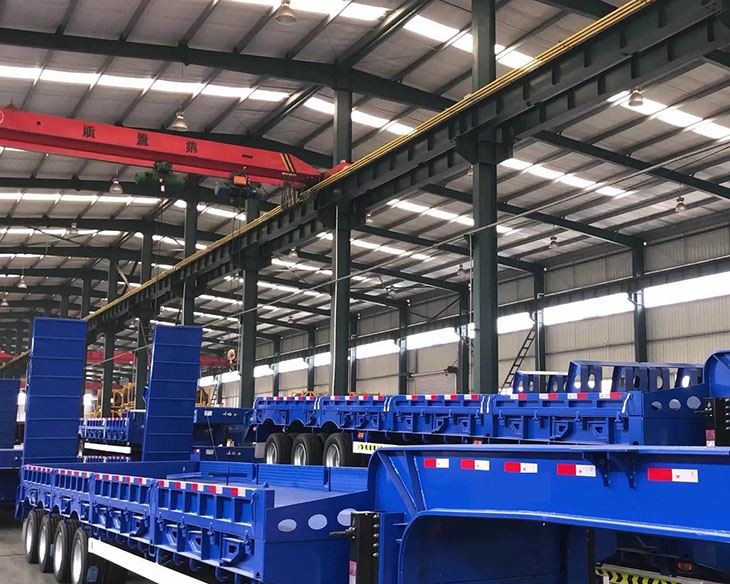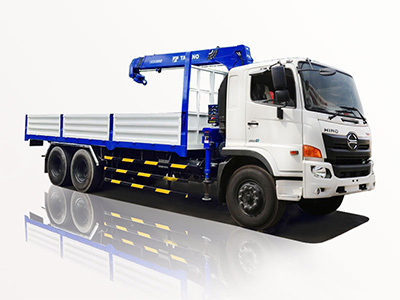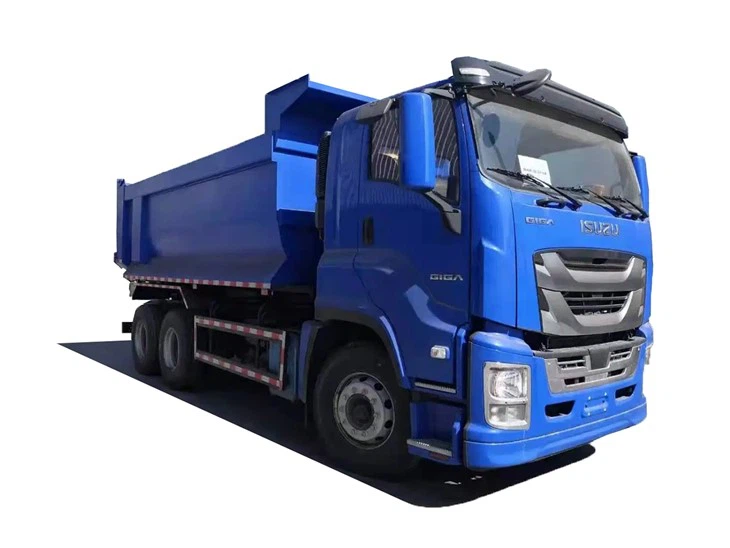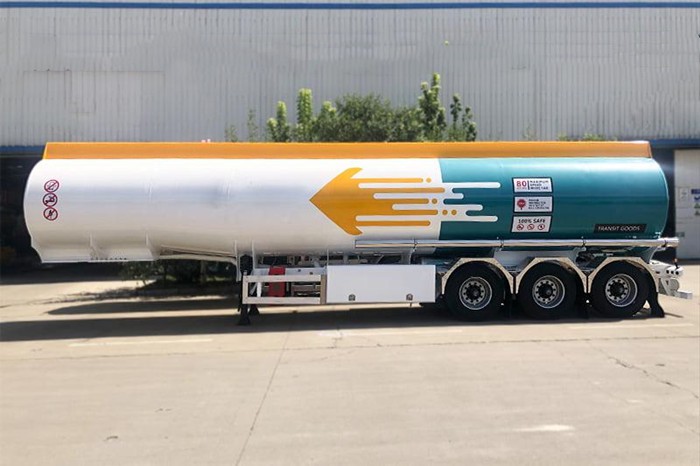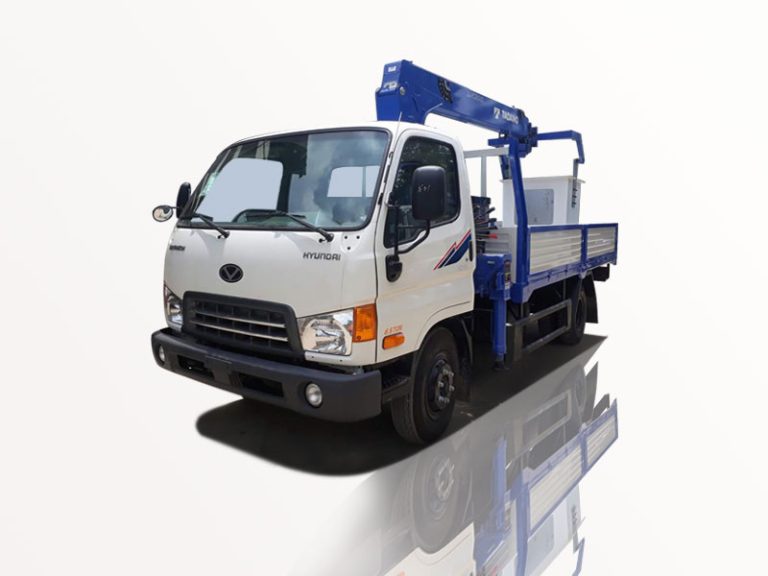Introduction
Fuel tankers play a vital role in the transportation of petroleum products, ensuring that fuel reaches every corner of the globe. These specialized vehicles are designed to carry various types of liquid fuels, including gasoline, diesel, and jet fuel. Understanding what fuel tankers are, how they operate, and their significance in the fuel distribution system is essential for anyone interested in energy logistics, transportation, and engineering. This article will explore the mechanics, types, regulations, and environmental considerations regarding fuel tankers, along with practical tips and frequently asked questions to enhance your knowledge on the subject.
The Basics of Fuel Tankers
Definition and Overview
A fuel tanker is a type of transport vehicle that is specifically designed to carry liquid fuels. These tankers can vary widely in size, shape, and function, but they all share a common purpose: transporting fuel safely and efficiently from point A to point B.
Components of a Fuel Tanker
Fuel tankers consist of several key components that work together to ensure safe and effective fuel transportation:
- Tank: The primary storage container for liquid fuel.
- Chassis: The vehicle’s frame that supports the tank.
- Pump System: Used to load and unload fuel.
- Valves: Regulate flow and prevent leaks.
- Safety Features: Includes measures like spill containment and pressure relief systems.
Types of Fuel Tankers
Road Tankers
Road tankers are large trucks that transport fuel over land. Commonly seen on highways, these vehicles can vary in size, with some carrying up to 10,000 gallons of fuel.
Rail Tankers
Rail tankers are specially designed tank cars that move fuel via rail networks. They are essential for transporting large quantities over long distances and are often used in the oil and gas industry.
Marine Tankers
Marine tankers, also known as oil tankers, are ships built to carry large amounts of petroleum products across oceans and seas. These vessels can carry millions of gallons of fuel and are crucial for international trade.
Intermodal Tank Containers
Intermodal tank containers are portable tanks that can be transported by different modes of transport including rail, truck, and ship. They offer flexibility in shipping operations.
Fuel Tanker Operations
Loading and Unloading Process
The loading and unloading of fuel tankers must be conducted with precision and safety. The typical process involves:
- Inspection of the tanker and hoses for damage.
- Connecting the pump system to the fuel source.
- Filling the tank until it reaches a specified capacity.
- Safely disconnecting the system and checking for leaks before departure.
Fuel Transportation Regulations
Regulations governing fuel transportation are crucial for ensuring safety and environmental protection. Key regulatory bodies include:
- Department of Transportation (DOT): Oversees the safety of transport operations in the U.S.
- Environmental Protection Agency (EPA): Sets standards for emissions and environmental protections.
- International Maritime Organization (IMO): Regulates shipping operations worldwide, especially for marine tankers.
Maintaining Safety Standards
Safety is paramount in fuel tanker operations. Operators must follow industry best practices including:
- Regular inspections and maintenance of tanks and valves.
- Training drivers on emergency response techniques.
- Utilizing spill containment systems to prevent environmental contamination.
Environmental Impacts and Sustainability
Impact of Fuel Tankers on the Environment
Fuel tankers pose potential risks to the environment, primarily through the possibility of leaks or spills during transportation. This can lead to soil and water contamination, impacting ecosystems and community health. Addressing these concerns is essential through:
- Improved technology in tanker design.
- Strict adherence to environmental regulations.
- Regular training for personnel on safety measures.
Sustainable Practices in Fuel Transport
To mitigate environmental impacts, fuel transport companies are adopting sustainable practices such as:
- Using newer, more efficient vehicles.
- Implementing fuel-efficient routing systems to minimize emissions.
- Exploring alternative fuels and energy sources for transport vehicles.
Challenges in Fuel Tanker Operations
Logistical Challenges
Fuel tanker operations face various logistical challenges, including:
- Traffic congestion and road conditions affecting delivery times.
- Fuel supply chain disruptions due to weather events or geopolitical issues.
- Strict time windows for delivery that can lead to increased operational pressure.
Economic Challenges
Fluctuations in fuel prices and the costs associated with compliance to regulations add additional layers of complexity:
- Market volatility can impact profitability for operators.
- Rising costs of maintenance and technology can strain budgets.
- Investments in sustainability may require funds that companies are reluctant to allocate.
Practical Tips for Managing Fuel Tanker Operations
Efficient Scheduling
By employing logistics software, companies can optimize delivery schedules, reducing costs and improving fuel efficiency. In addition, consider the following tips:
- Utilize real-time tracking to monitor tanker locations.
- Plan routes that minimize fuel consumption and time.
- Consider off-peak delivery times to avoid traffic congestion.
Investing in Technology
Modern technology can significantly enhance safety and efficiency:
- Implement GPS tracking to navigate traffic conditions better.
- Use customized software for maintenance scheduling.
- Incorporate risk management solutions to predict and mitigate potential issues.
Innovations in Fuel Tanker Technology
Advanced Tanker Designs
Innovations are leading to smarter, safer tanker designs. Features include:
- Double-hulled tankers that add a layer of safety against leaks.
- Sensor technology to monitor pressure and temperature in real-time.
- Automated systems for loading and unloading, minimizing human error.
Hydrogen and Alternative Fuels
The future of fuel transport is evolving, with an increased focus on hydrogen and alternative fuels. This shift could involve:
- Developing tankers specifically designed for transporting hydrogen safely.
- Implementing biofuel technologies in existing operations.
Fuel Tanker Maintenance Best Practices
Routine Inspections
Regular inspections are critical for safety and compliance:
- Conduct monthly visual checks for cracks or corrosion.
- Test pressure relief valves annually to ensure functionality.
- Keep meticulous records of all maintenance activities.
Upgrading Equipment
Investing in modern equipment can prevent breakdowns and enhance safety:
- Upgrade to double-wall tanks for better leak protection.
- Install advanced pump systems that reduce spill risks.
- Incorporate fire suppression systems in high-risk areas.
FAQ Section
What types of fuel can be transported by fuel tankers?
Fuel tankers can transport a wide range of fuels, including gasoline, diesel, jet fuel, heating oil, and biofuels.
How do I know if a fuel tanker is making a delivery?
Fuel tankers typically display clear markings and may have flashing lights or sirens when making deliveries. In addition, fuel distribution companies often notify customers ahead of delivery times.
What safety measures are in place during fuel transport?
Safety measures include regular inspections, spill containment systems, operator training, and adherence to local and international regulations.
Are there any environmental risks associated with fuel tankers?
Yes, fuel tankers can pose environmental risks through leaks or spills, leading to soil and water contamination. Strict regulations and safety protocols aim to mitigate these risks.
What training do fuel tanker drivers receive?
Fuel tanker drivers typically undergo rigorous training that includes safety procedures, fuel handling, emergency response, and regulatory compliance.
What innovations are being introduced in fuel tanker technology?
Innovations include smart tanker designs, advanced sensor technology, and exploration of hydrogen and alternative fuels for transportation.
